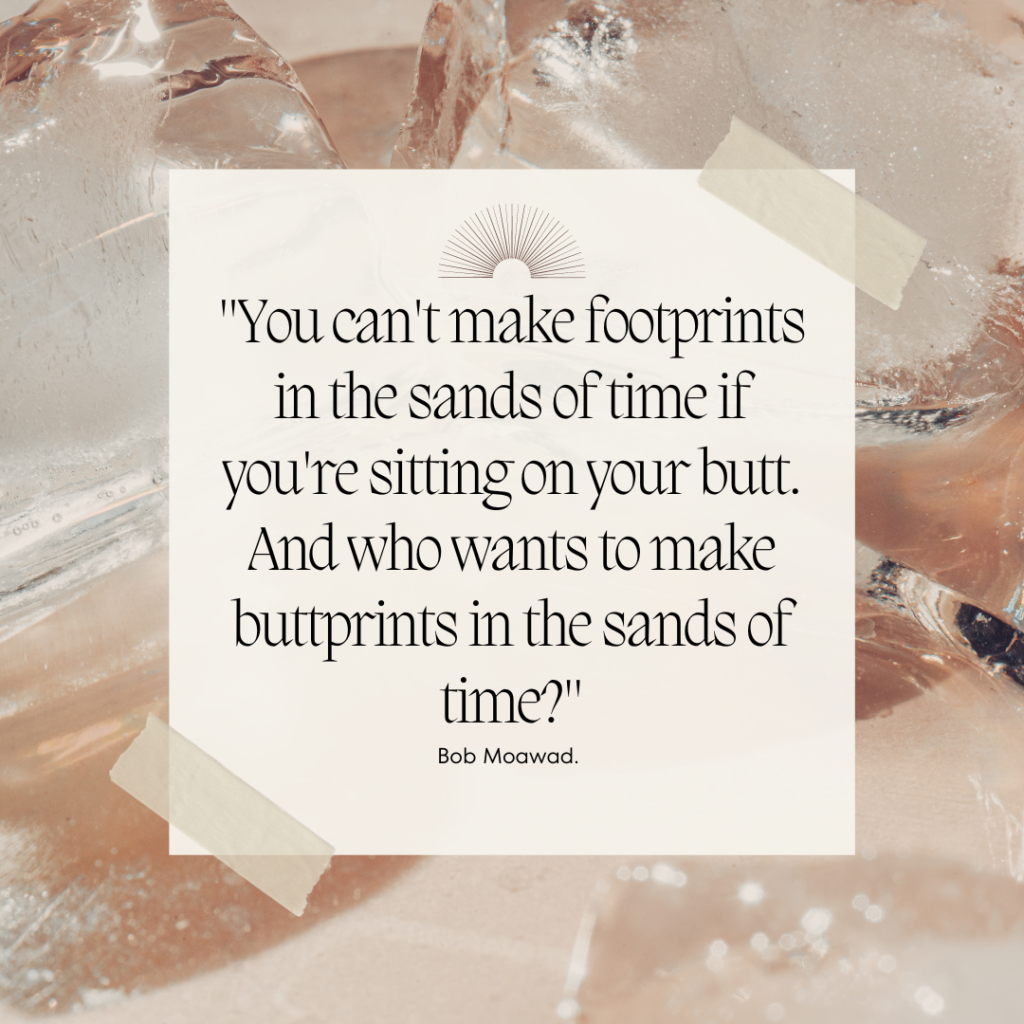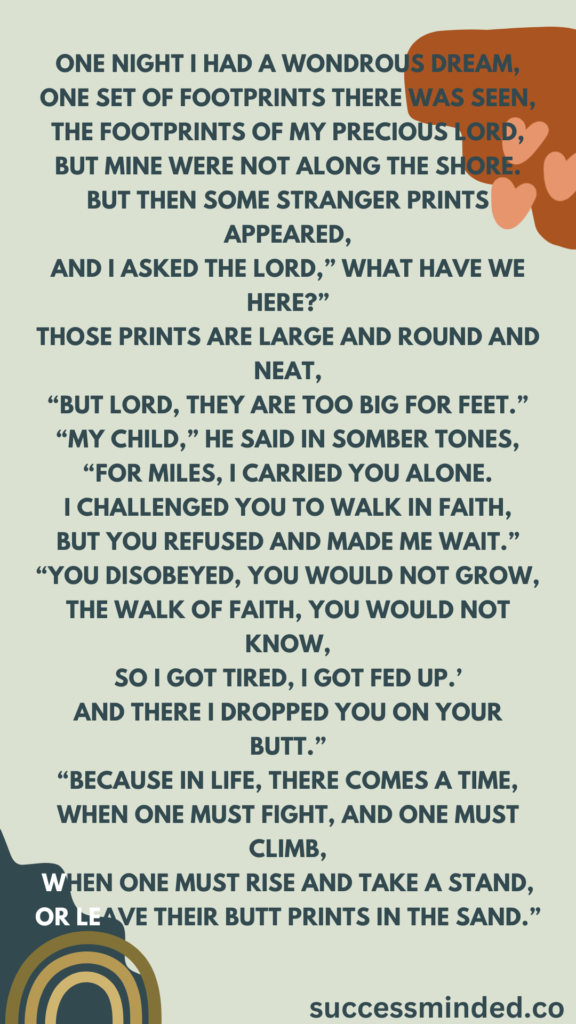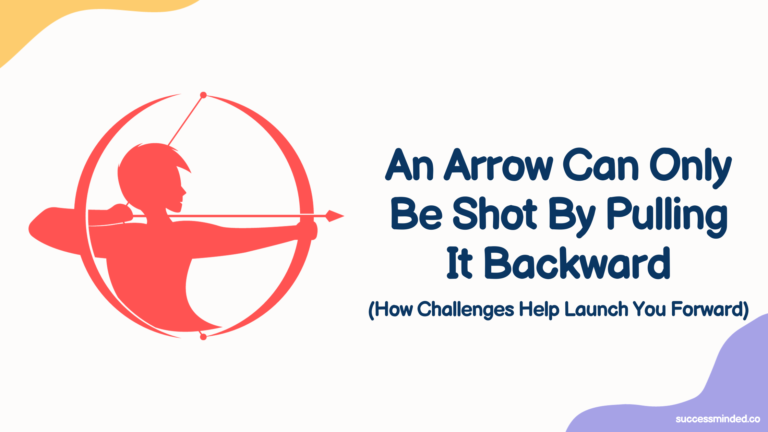Today I’ll be writing about buttprints — specifically about buttprints in the sand. Never thought my life would come to this point, but here we are..
What prompted me to write this article, however, is also something I never thought I’d do in my free time, i.e., read quotes and poems for leisure, but here we are again.
But regardless of how we both got here, the only thing that matter is where we take it from here. And I am taking this in the direction of introducing you to the things we will be discussing today.
So, without further ado, here’s the quote:
“You can’t make footprints in the sands of time if you’re sitting on your butt. And who wants to make buttprints in the sands of time?”
Bob Moawad.
And here’s the poem:
One night I had a wondrous dream,
One set of footprints there was seen,
The footprints of my precious Lord,
But mine were not along the shore.
But then some stranger prints appeared,
And I asked the Lord,” What have we here?”
Those prints are large and round and neat,
“But Lord, they are too big for feet.”
“My child,” He said in somber tones,
“For miles, I carried you alone.
I challenged you to walk in faith,
But you refused and made me wait.”
“You disobeyed, you would not grow,
The walk of faith, you would not know,
So I got tired, I got fed up.’
And there I dropped you on your butt.”
“Because in life, there comes a time,
When one must fight, and one must climb,
When one must rise and take a stand,
Or leave their butt prints in the sand.”
What struck me about these two pieces of literature is the underlying message they convey. Although they are written in a humorous tone, they both try to share a profound message — a message we all should pay attention to — because it carries the power to change lives.
So, what’s that message? And does it apply to your life? Let’s analyze both these texts in detail next and find out:
Analysis of the quote

The quote, “You can’t make footprints in the sands of time if you’re sitting on your butt. And who wants to make buttprints in the sands of time?” by Bob Moawad, is a playful and humorous way of emphasizing the importance of taking action and not being passive.
The quote says that if you’re sitting around and not doing anything, you’re not making any progress or leaving any meaningful impact on the world. Instead, you’re just making “buttprints” in the sands of time, which is not something to be proud of.
The quote encourages readers to take action and make a positive impact in the world, rather than just sitting around and letting life pass them by. It highlights the importance of being proactive and taking Initiative in order to make a difference and leave a meaningful legacy.
The quote can be applied in a variety of real-life situations.
For example, if you’re someone who wants to start their own business, the quote is a reminder to take action and start working towards your goal instead of just talking about it and never getting started. If you’re someone who wants to make a difference in your community, the quote is a reminder to get involved and volunteer your time and resources instead of just complaining about the issues and doing nothing.
Another example is if you’re someone who wants to learn something new, the quote is a reminder to take action and start learning and practicing instead of just reading about it or watching videos about it. In short, the quote encourages people to take action and not sit around waiting for things to happen, as life is short and opportunities are limited.
All-in-all, the quote is a fun and humorous way of reminding us to take action and make the most of our time here on earth. It invites us to think about what we want to leave behind and make a fun and memorable legacy.
Analysis of the Poem

The poem “One night I had a wondrous dream” is a playful and humorous way of emphasizing the importance of taking action and not being passive.
The poem tells the story of the narrator having a dream in which they see two sets of footprints on the beach, one belonging to the Lord and the other belonging to themselves. However, as the dream progresses, the narrator notices that the footprints belonging to themselves are not present for some time.
When they ask the Lord about this, He explains that He carried them during a time when they refused to walk on their own. The Lord then goes on to say that in life, there comes a time when one must fight and climb, rise and take a stand, or leave their “butt prints” in the sand.
The poem relates to the theme of the quote discussed earlier in that it encourages readers to take action and make a positive impact in the world, rather than just sitting around and letting life pass them by. It highlights the importance of being proactive and taking Initiative in order to make a difference and leave a meaningful legacy.
The poem uses a dream as a metaphor for the journey of life, and the footprints represent the progress and impact we leave behind.
The poem uses figurative language and literary devices to convey its message. For example, using the dream as a metaphor for life is a powerful way of illustrating the idea that we all have a journey to take, and it’s up to us to make the most of it.
The use of the “butt prints” is a humorous and playful way of emphasizing the idea that we should strive to leave positive and meaningful footprints in the sands of time rather than just sitting around and doing nothing.
Another literary device is the use of dialogue between the narrator and the Lord. The dialogue is used to contrast the narrator’s passiveness and the Lord’s actions, adding more depth to the poem and making it more engaging.
All-in-all, The poem is a fun and humorous reminder to take action and make the most of our time here on earth. It encourages us to think about what we want to leave behind and make a fun and memorable legacy.
Action Steps for You
Now that we’ve examined the quote and poem in greater detail, it’s time to think about how we can apply their lessons and insights in our lives. The key takeaway from both the quote and poem is the importance of taking action and not being passive. So, how can we put this into practice?
One way to apply the lessons from the quote and poem is by setting goals for ourselves. Whether a personal or a professional goal, having something to work towards is a great way to stay motivated and take action. It’s essential to break down our goals into smaller, manageable steps so we can progress toward them.
Another way to apply the lessons is by taking Initiative. If we see something that needs to be done, rather than waiting for someone else to do it, we can take the Initiative and do it ourselves. This can be as simple as picking up trash on the street or volunteering in our community.
Another way is to learn and improve ourselves continuously. We can take workshops or classes or attend online learning programs to improve our skills and knowledge. This not only helps us in our personal and professional lives but also makes us a more valuable member of our community.
It’s also important to remember that taking action doesn’t have to be a grand, monumental task. Small acts such as kindness and generosity can go a long way and have a big impact on the people around us. We can volunteer our time and resources to help those in need or simply offer a kind word or gesture to someone who may be having a tough day. It all counts!
The most important thing is to find what is meaningful to us and take action on it. It’s also important to remember that progress is progress, no matter how small. Every step we take toward our goals is a step in the right direction. And who knows, maybe one day we’ll look back and see that our footprints have made a real impact on the world.
Conclusion
In conclusion, both the quote by Bob Moawad and the poem “One night I had a wondrous dream” share a powerful and profound message. They remind us that in order to make a positive impact and leave meaningful footprints in the sands of time, we must take action and not be passive.
The quote and poem both use humor and playful language to convey this message, but the underlying message is serious and something we should all pay attention to. The quote encourages us to set goals, take Initiative, and continuously improve ourselves, while the poem uses a dream as a metaphor for the journey of life and encourages us to take action and make the most of our time here on earth.
We should all strive to make a positive impact in the world and not leave “buttprints in the sand.” Let’s take the message of the quote and poem to heart and make the most of our time here on earth.



